Kilmar Abrego Garcia said he suffered severe beatings, severe sleep deprivation, and psychological torture in the El Salvador prison where he was deported to in March 2025.
Garcia, a Salvadoran who lived in Maryland, became a flashpoint case in U.S. President Donald Trump’s immigration crackdown after he was deported to El Salvador in March 2025.
- Kilmar Abrego Garcia was deported to El Salvador in 2025 despite a 2019 court order forbidding his deportation due to persecution risks.
- Upon arrival at El Salvador’s CECOT prison, Garcia faced severe beatings, sleep deprivation, and psychological torture by officers.
- Officials threatened Garcia with gang cell transfers, warning that gang members would violently harm him inside the prison.
- Garcia's wife filed a lawsuit against the Trump administration for wrongful deportation; Garcia is now detained in the U.S. facing smuggling charges.
Kilmar Garcia said he suffered beatings and psychological torture in an El Salvador prison
Image Credits: Facebook
New details of Abrego Garcia’s treatment while incarcerated in El Salvador were added to a lawsuit against the Trump administration, filed by Garcia’s wife, Jennifer Vasquez, in the Maryland federal court after he was deported.
Abrego Garcia had been ordered not to be deported in 2019, after a U.S. immigration judge ruled that returning him to El Salvador would likely expose him to persecution.
However, the Trump administration deported him earlier this year, later calling it an “administrative error.”
He was immediately sent to CECOT, El Salvador’s notorious mega-prison.
According to newly filed court documents, Abrego Garcia said the abuse began the moment he arrived.
Image credits: Kenneth K. Lam/Getty Images
Upon his arrival, he was “pushed toward a bus, forcibly seated, and fitted with a second set of chains and handcuffs,” the filing said.
“He was repeatedly struck by officers when he attempted to raise his head,” it added.
He was forced to kneel for nine hours alongside about 20 other men, with guards hitting anyone who fell over from exhaustion.
“Plaintiff Abrego Garcia was then forced to strip, issued prison clothing, and subjected to physical abuse including being kicked in the legs with boots and struck on his head and arms to make him change clothes faster,” his lawyers said.
He had visible bruises and lumps all over his body a day after his arrival.
“The detainees were confined to metal bunks with no mattresses in an overcrowded cell with no windows, bright lights that remained on 24 hours a day, and minimal access to sanitation,” his lawyers detailed further.
Garcia reportedly lost 31 pounds within two weeks at CECOT.
CECOT, known for its harsh conditions, is often used to house gang members.
Image credits: Alex Pena/Getty Images
The U.S. immigration judge had barred Abrego Garcia from being deported back to his native El Salvador because he likely faced persecution there by local gangs who had terrorized him and his family.
While the Trump administration initially called his deportation an “administrative error,” it has since doubled down on claims Garcia was in the MS-13 gang.
Garcia, his wife, and lawyers have denied these claims. Garcia has not been convicted of any crime.
BBC Verify found that there is no conclusive evidence proving Abrego Garcia is an MS-13 gang member.
Garcia’s attorneys allege that Salvadoran authorities “recognized” that Abrego Garcia was not affiliated with any gangs.
They separated him and 20 other Salvadorans by placing them in a separate cell a week after they arrived at the prison.
However, the lawyers also noted that Garcia was repeatedly threatened by officials, saying he would be transferred to cells with people who were gang members that would “tear” him apart.
Garcia also recalled seeing others in nearby cells violently harming each other. Additionally, he heard screams from people throughout the night.
On April 10, after spending almost a month in CENOT, Garcia was transferred to a prison facility in Santa Ana, El Salvador, where he was “frequently hidden from visitors,” according to the filing.
Abrego Garcia was brought back to the U.S. last month. He faces charges in Tennessee of allegedly transporting undocumented migrants within the U.S. while he was living in Maryland. He has pleaded not guilty.
Abrego Garcia was deported in March despite a 2019 court order not to deport him due to possible persecution
Image Credits: Facebook
A federal judge in Tennessee ruled that Abrego Garcia can be released under certain conditions while awaiting trial.
But he remains in jail after his attorneys requested that he not be released, fearing he could be deported again.
Justice Department spokesman Chad Gilmartin confirmed to The Associated Press that they intend to try Abrego Garcia on the smuggling charges before considering deportation.
The U.S. government plans to deport Garcia to a “third country” that isn’t El Salvador, according to what Justice Department attorney Jonathan Guynn told a federal judge in Maryland last month.
Abrego Garcia has previously acknowledged entering the U.S. illegally in 2012, according to court documents.
Guynn said there was no timeline for the deportation plans. But Garcia’s attorneys cited Guynn’s comments as a reason to fear he would be deported “immediately.”
For now, Abrego Garcia remains in detention.
“Defendants have repeatedly stated their intent to remove Mr. Abrego Garcia to a third country,” his attorneys said Wednesday.
“Abrego Garcia could face persecution or torture if removed directly to various other countries, including but not limited to countries with notorious human rights abuses like Libya, South Sudan, and Eritrea.
“Without knowing which country Defendants intend to try to remove him to, Abrego Garcia cannot prepare or file an application for protection.”
His wife has filed a lawsuit in Maryland against the Trump administration for the wrongful deportation.
The government has asked the judge to dismiss the lawsuit, arguing that it no longer matters since Abrego Garcia has returned to the U.S.


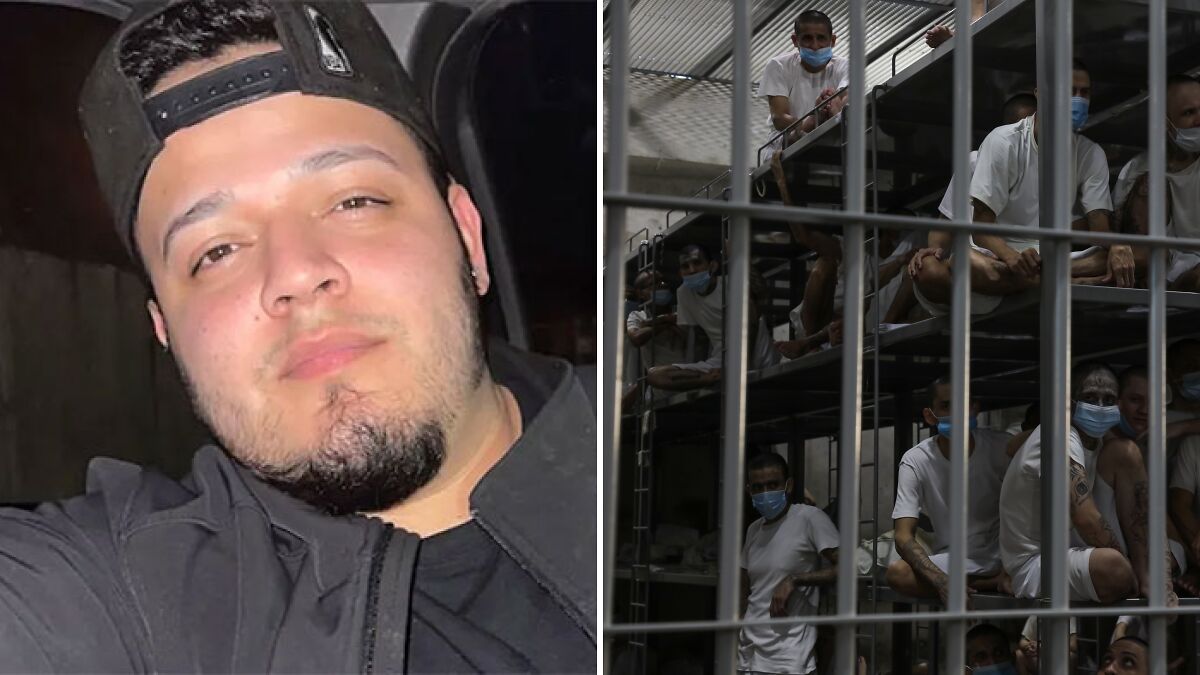
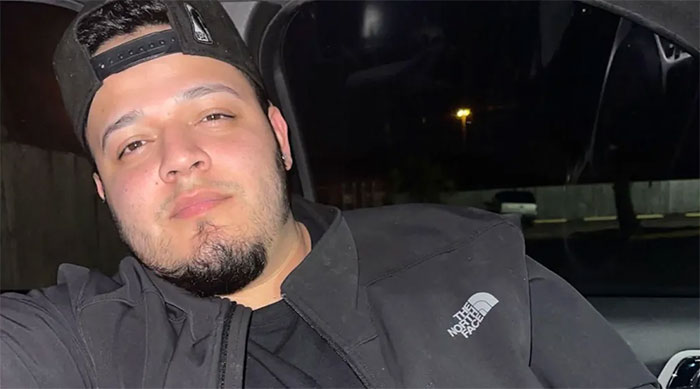
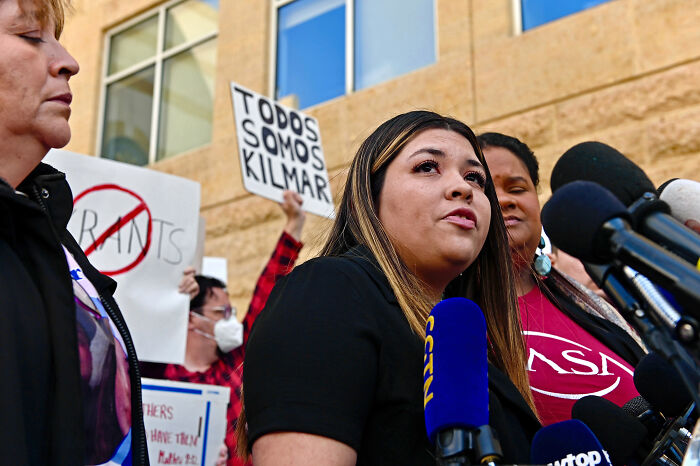
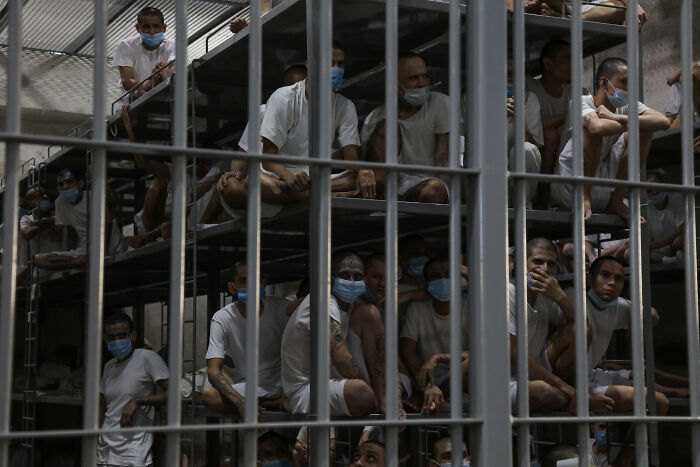
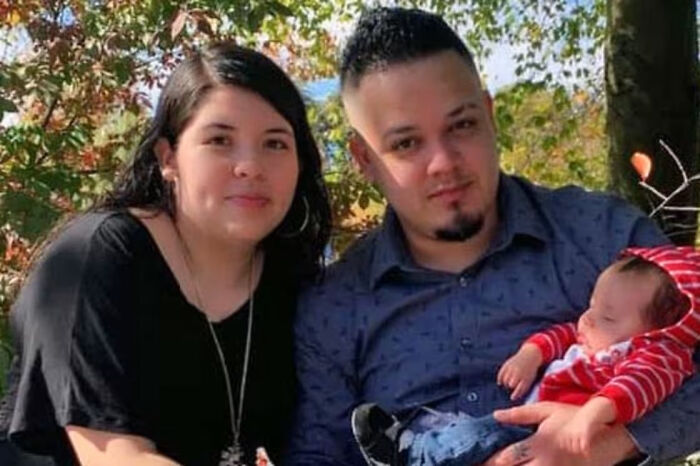



15
0